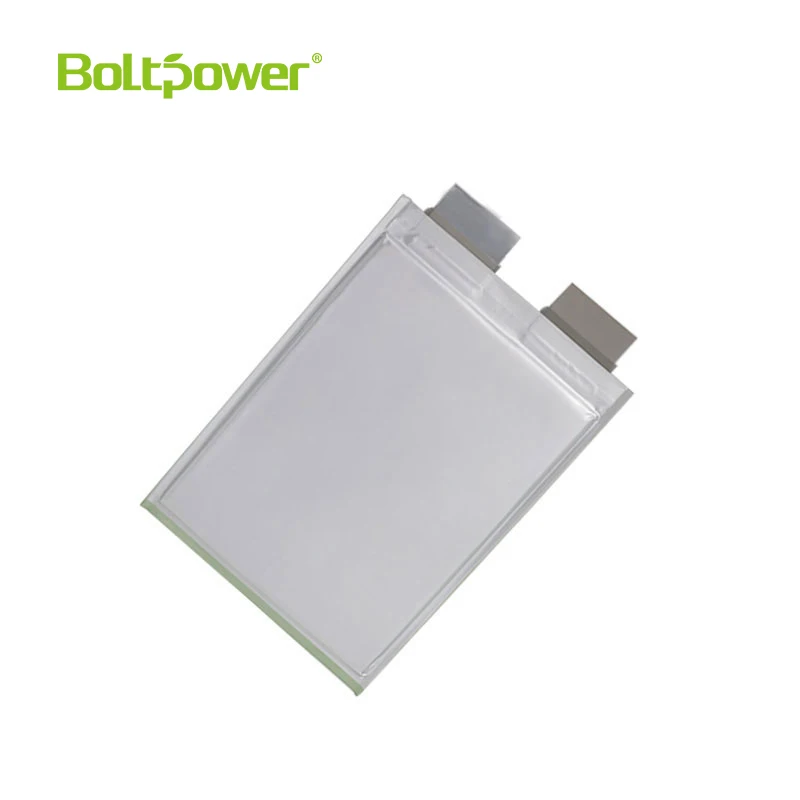Error de formato de correo electrónico
emailCannotEmpty
emailDoesExist
pwdLetterLimtTip
inconsistentPwd
pwdLetterLimtTip
inconsistentPwd


The automotive industry is rapidly transitioning towards electric vehicles (EVs) as a sustainable and eco-friendly alternative to traditional combustion engines. Aluminum-rich lithium cells have emerged as a promising technology for EV batteries, offering several advantages that make them ideal for this application. In this blog post, we will explore the various applications of aluminum-rich lithium cells in electric vehicles.

Extended Driving Range:
Aluminum-rich lithium cells provide higher energy density, allowing EVs to achieve longer driving ranges on a single charge. This extended range addresses one of the primary concerns of EV adoption and enhances the practicality and convenience of electric vehicles. With aluminum-rich lithium cells, EV owners can travel longer distances without the need for frequent recharging, making them more suitable for everyday use and long-distance travel.
Faster Charging:
The high power density of aluminum-rich lithium cells enables faster charging times for electric vehicles. With the ability to accept higher charging currents, EVs equipped with these cells can be charged more quickly, reducing the time spent at charging stations. This feature enhances the overall user experience and promotes the widespread adoption of electric vehicles by addressing the issue of charging infrastructure and convenience.
Lightweight Design:
Aluminum-rich lithium cells offer a lightweight solution for EV batteries. The use of aluminum in the cathode material reduces the overall weight of the battery pack, contributing to improved vehicle efficiency and performance. The lighter weight also helps to increase the payload capacity of EVs, making them suitable for various applications, including commercial and industrial use.
Conclusion:
Applications of Aluminum-rich Lithium Cells in Electric Vehicles
To sum up, aluminum-rich lithium cells have significant applications in the electric vehicle industry. Their ability to provide extended driving ranges, faster charging times, and lightweight designs make them ideal for electric vehicles. With these advantages, aluminum-rich lithium cells contribute to the widespread adoption of electric vehicles and address key concerns such as range anxiety and charging infrastructure.